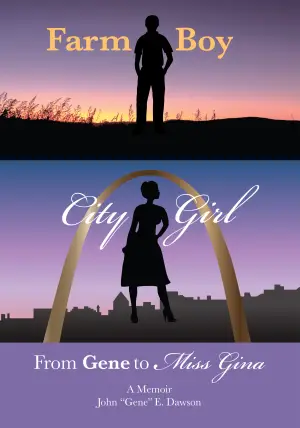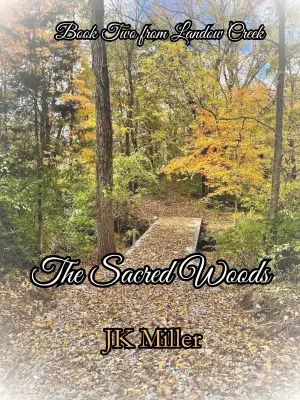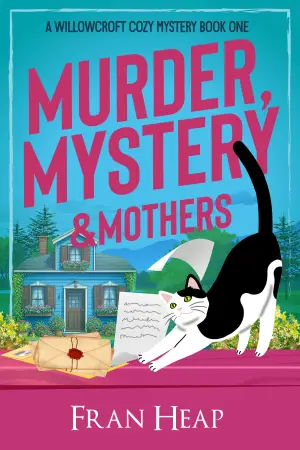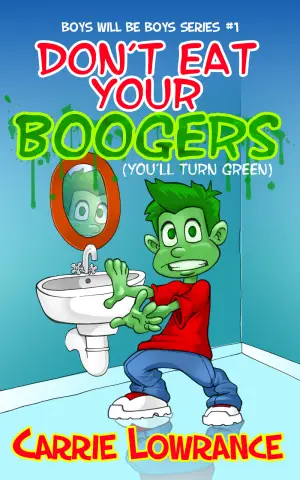In the Shadows of the Past: A Reflection on All the Broken Places by John Boyne
When I first picked up All the Broken Places, I was drawn in not only by the gripping title but also by the weight of its historical context. John Boyne, whose poignant storytelling in The Boy in the Striped Pyjamas left an indelible mark on my literary heart, invites us once again to traverse the haunting corridors of memory and remorse. This time, he brings us the perspective of Gretel Fernsby, the daughter of a Nazi commandant, now a 91-year-old living a seemingly quiet life in London. But as I quickly learned, silence can often speak louder than words.
At its core, All the Broken Places navigates the unsteady ground of guilt, identity, and the choices that shape our lives. The novel deftly shifts between Gretel’s tumultuous youth in Nazi Germany and her contemporary life, rich with nostalgia yet overshadowed by unresolved trauma. The complexity of her character is beautifully layered—she is not merely a product of her upbringing but a reflection of the eternal struggle between innocence and complicity. I found myself wrestling with her internal conflict; the past is a relentless echoing presence in her life, resisting her efforts to move forward.
Boyne’s prose is both unflinching and lyrical, capturing the essence of a woman burdened by the weight of her ancestry. What struck me most was how the narrative flows smoothly between time frames, offering a poignant juxtaposition of the simplicity of a child’s fears against the chaotic backdrop of war. His ability to weave gripping tension into moments of quiet reflection left me eager yet contemplative, almost like a delicate dance around a painful truth.
One aspect that really resonated with me was the multidimensional portrayal of families. The new family that moves in below Gretel serves as a mirror, amplifying both her nostalgia and her fears. A particularly powerful moment occurs during a violent altercation between the new neighbors, forcing Gretel to confront her own past decisions. This line from the book stuck with me: “Sometimes the hardest choice is the one that could save the innocent.” It reflects the precarious balance between self-preservation and moral duty—a theme that tugs at the reader’s heartstrings.
As a reader deeply interested in historical narratives, I found Boyne’s exploration of morality in the context of familial bonds and historical consequences profoundly moving. His portrayal of Gretel is both tender and haunting—an embodiment of resilience shaped by her difficult choices.
All the Broken Places speaks volumes to anyone who appreciates historical fiction with emotional depth and complexity. It artfully confronts the painful nuances of guilt while compelling us to accept that fear and courage often exist side by side. Whether you are drawn to stories of personal redemption or the intricate layers of human relationships against a historical backdrop, this novel will resonate long after you turn the last page.
In closing, Boyne has crafted not just a sequel but a necessary conversation about identity, trauma, and the choices we make. I found myself changed, reflecting on how our pasts sculpt who we are destined to become. If you wish to dive into a tale rich with history, compassion, and the excruciating choices that define humanity, All the Broken Places is a must-read that you will not soon forget.










